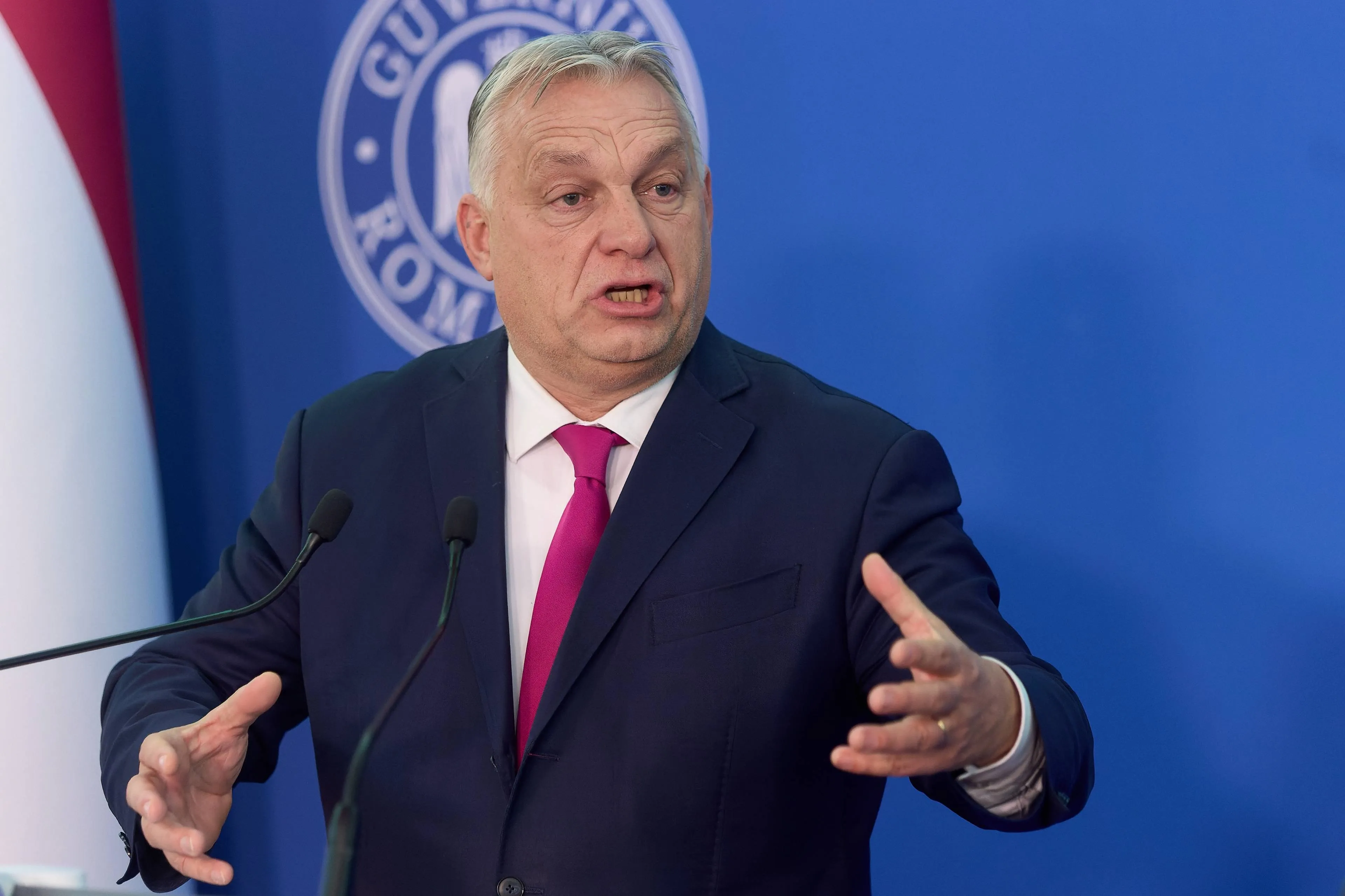Duitse industrie dreigt te bezwijken onder stijgende energiekosten
Wat velen al geruime tijd hebben gevreesd, dreigt nu werkelijkheid te worden. Het Duitse energiebeleid ('Energiewende'), als gevolg van de klimaathysterie en het sluiten van een aantal Duitse kerncentrales als reactie op Fukushima, jaagt energie-intensieve bedrijven het land uit, met het daaruit voortvloeiende verlies van welvaart, concurrentievermogen en banen.
Frank Dohmen and Alexander Neubacher schrijven in 'Der Spiegel' daarover het volgende.
Last spring, Chancellor Angela Merkel set Germany on course to eliminate nuclear power in favor of renewable energy sources. Now, though, several industries are suffering as electricity prices rapidly rise. Many companies are having to close factories or move abroad. The red signs are still hanging in front of the gate to the steel mill on Oberschlesienstrasse. "Hands off!" they read, or "The Krefeld steel mill must stay!" But now it's all over. Despite the signs, protests and pickets, ThyssenKrupp, Germany's largest steelmaker, sold its Krefeld stainless steel mill to Finnish competitor Outukumpu two weeks ago. The new owner plans to shut down production by the end of next year, leaving more than 400 workers without a job.
The economic loss to this stricken city on the lower Rhine will be significant. The closing of the Krefeld mill cannot be blamed on low-wage competition from the Far East or mismanagement at ThyssenKrupp's Essen headquarters, but rather on the misguided policies of the German government.
That, at least, is the view held by those affected by the closing. Since Chancellor Angela Merkel's government abruptly decided to phase out nuclear energy last spring in the wake of the nuclear disaster in Fukushima, Japan, the situation for industries that consume a lot of electricity has become much more tenuous.
Energy prices are rising and the risk of power outages is growing. But the urgently needed expansion of the grid, as well as the development of replacement power plants and renewable energy sources is progressing very slowly. A growing number of economic experts, business executives and union leaders are putting the blame squarely on the shoulders of Merkel's coalition, which pairs her conservatives with the business-friendly Free Democrats (FDP). The government, they say, has expedited de-industrialization. The energy supply is now "the top risk for Germany as a location for business," says Hans Heinrich Driftmann, president of the Association of German Chambers of Industry and Commerce (DIHK).
"One has to be concerned in Germany about the cost of electricity," warns European Energy Commissioner Günther Oettinger. And Bernd Kalwa, a member of the general works council at ThyssenKrupp, says heatedly: "Some 5,000 jobs are in jeopardy within our company alone, because an irresponsible energy policy is being pursued in Düsseldorf and Berlin."
Lees verder hier.
Duitsland staat bekend als de economische motor van Europa. Klimaathysterici en het duurzame energiecomplex lijken niet te zullen rusten voordat zij deze motor ook effectief hebben gesloopt.
Men kan slechts hopen dat onze door de klimaathype gehersenspoelde oosterburen snel uit hun zombieslaap zullen ontwaken en een einde zullen maken aan deze grootschalige kapitaalvernietiging. Maar tot nog toe zijn er helaas weinig tekenen die daar op wijzen.
Ga verder met lezen
Dit vind je misschien ook leuk
Laat mensen jouw mening weten
Lees ook
Loading


